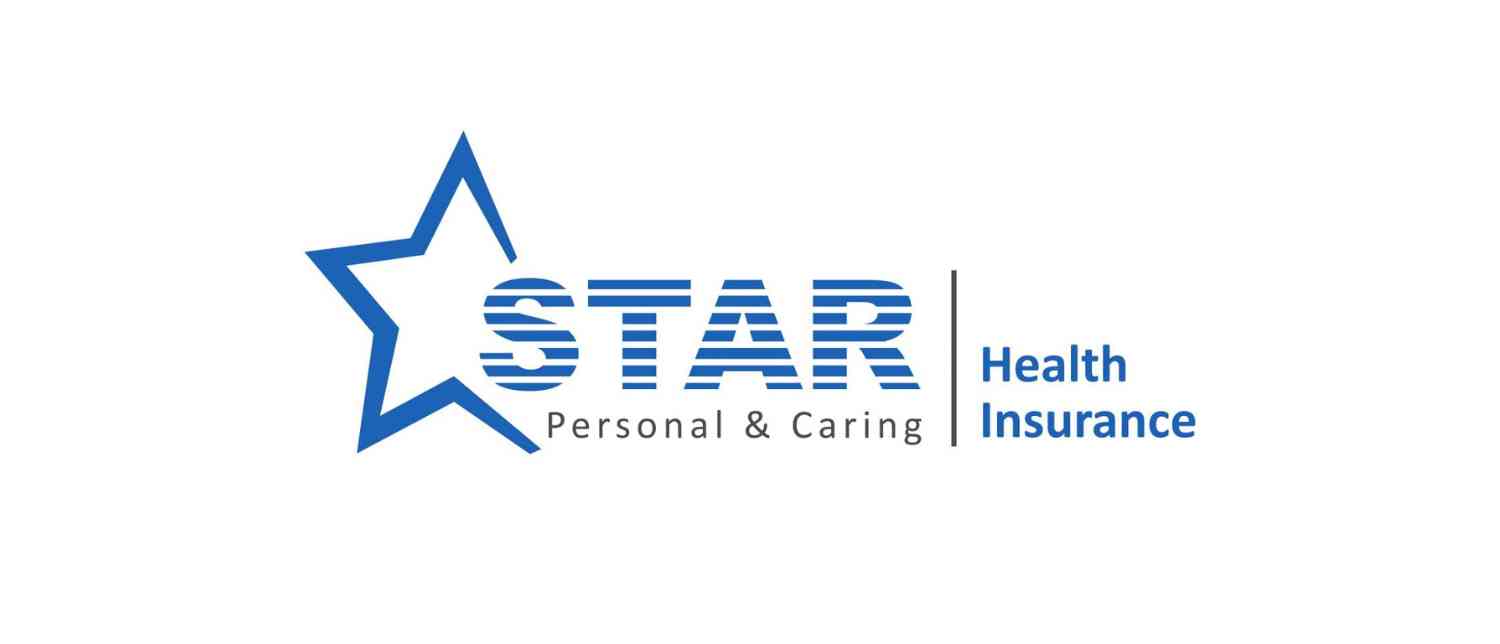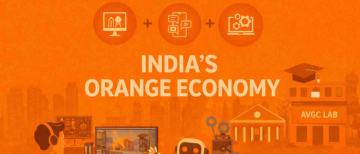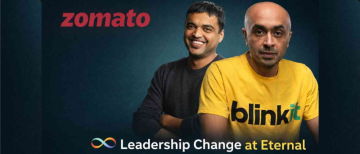Star Health and Allied Insurance, one of India’s leading standalone health insurers, is currently under scrutiny following allegations of unfair practices by the Association of Healthcare Providers, India (AHPI). The dispute has escalated to the point where the insurer could potentially face suspension of its cashless services, a facility that allows policyholders to receive hospital treatment without upfront payment. This move, if implemented, would have significant implications for Star Health policyholders across the country, especially in urgent medical scenarios.
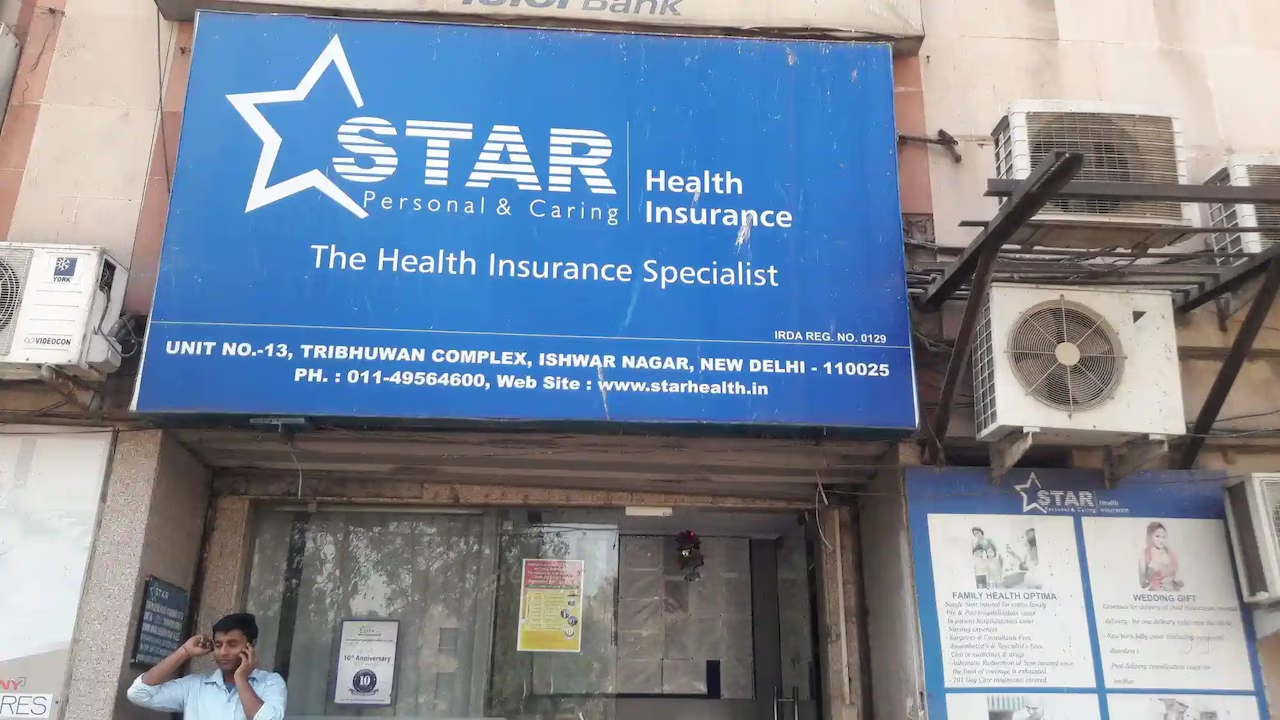
AHPI Issues Warning Over Cashless Services
AHPI, which represents over 15,000 hospitals and healthcare institutions, issued a formal warning to Star Health. According to the association, unless the insurer resolves its ongoing disputes with member hospitals by 22 September 2025, cashless services for Star Health policyholders could be withdrawn. The warning underscores the severity of the complaints and the urgency of addressing them, given that cashless facilities are a key component of health insurance convenience in India.
Member hospitals affiliated with AHPI have cited several persistent issues with Star Health. Chief among these are refusal to revise outdated tariffs in line with rising healthcare costs, pressure on hospitals to accept further rate cuts, and arbitrary denial of cashless approvals. Other complaints include unjustified deductions from hospital bills, claim rejections even after prior approval, and anti-competitive collective bargaining tactics that undermine fair negotiations on tariffs.
AHPI has highlighted that these practices not only affect hospital revenue but could also compromise patient safety and quality of care. By limiting fair pricing and delaying claim settlements, hospitals face operational challenges that ultimately impact the treatment experience for patients.
Historical Context: Previous Disputes with Health Insurers
Star Health is not the first insurer to face pushback from AHPI. In August 2025, other insurers including Bajaj Allianz General Insurance, Care Health Insurance, and Niva Bupa Health Insurance encountered similar warnings over issues such as delays in claim settlements, unrevised package rates, and demands for unnecessary documentation. While Bajaj Allianz temporarily faced suspension of cashless services, the dispute was resolved after dialogue with AHPI. The outcomes for Care Health and Niva Bupa remain less clear, highlighting that these conflicts between hospitals and insurers are recurring and complex.
This context underscores that disputes over tariffs, claim processing, and reimbursement procedures are not unique to Star Health. However, the scale of grievances against Star Health appears significantly larger than its peers.
Complaints Against Star Health: Data from Ombudsman Report
Citing the Insurance Ombudsman’s Annual Report 2023-24, AHPI pointed out that Star Health topped the grievance chart with 13,300 complaints, more than 10,000 of which were related to claim rejections. This volume of complaints exceeds the combined complaints against the next four largest health insurers in India.
The complaints against Star Health highlight systemic issues in claims processing and hospital engagement. AHPI alleges that the insurer engages in practices such as coercing hospitals into further tariff cuts, making frivolous queries that interfere with clinical judgment, and arbitrarily withdrawing cashless approvals, creating hardship for both hospitals and patients.

Star Health’s Response
Star Health has responded to these allegations, denying that it has received any formal notice of cashless suspension from its network partners. In an official statement, the insurer emphasized that AHPI’s threats are “arbitrary, lacking clarity, and devoid of actionable details”.
The company reassured policyholders that access to healthcare would remain unaffected, stating:
“Even if cashless services were suspended, we will ensure that customers receive their claim payments before paying the hospital.”
Star Health also highlighted its long-standing partnerships with over 14,000 hospitals, stressing that tariff negotiations and billing practices are routine activities that should not disrupt patient care. The insurer claimed that AHPI’s public warnings created unnecessary confusion, especially at a time when the government is promoting healthcare as a basic necessity by exempting GST on health insurance premiums.
Implications for Policyholders
For policyholders, the situation underscores the importance of understanding the limitations of cashless services. Experts note that while cashless facilities provide convenience, they are not guaranteed benefits. Even if cashless arrangements are suspended, policyholders can still claim reimbursement from the insurer after paying hospital bills upfront.
Prashant Mhatre, All-India President of the General Insurance Agents Federation Integrated, explained:
“Cashless is not a guaranteed benefit, only a service—but reimbursement is always available.”
Policyholders are advised to maintain adequate emergency funds to manage situations where cashless access may be temporarily unavailable.
The Role of the General Insurance Council
The standoff between Star Health and AHPI has prompted the General Insurance Council (GI Council) to intervene. The council has publicly backed Star Health and urged AHPI to withdraw its threat to suspend cashless services, warning that such a move could directly harm policyholders.
Cashless services are vital, particularly during emergencies when patients cannot afford upfront hospital bills. Any disruption to these facilities could force families to make large advance payments, potentially delaying critical treatment.
The GI Council emphasized that tariff negotiations and billing disputes between insurers and hospitals are normal business practices but should never compromise patient care. Efforts by the council to mediate earlier in September 2025 were postponed by AHPI, leaving the dispute unresolved and raising concerns about the prioritization of collaboration versus disruption.
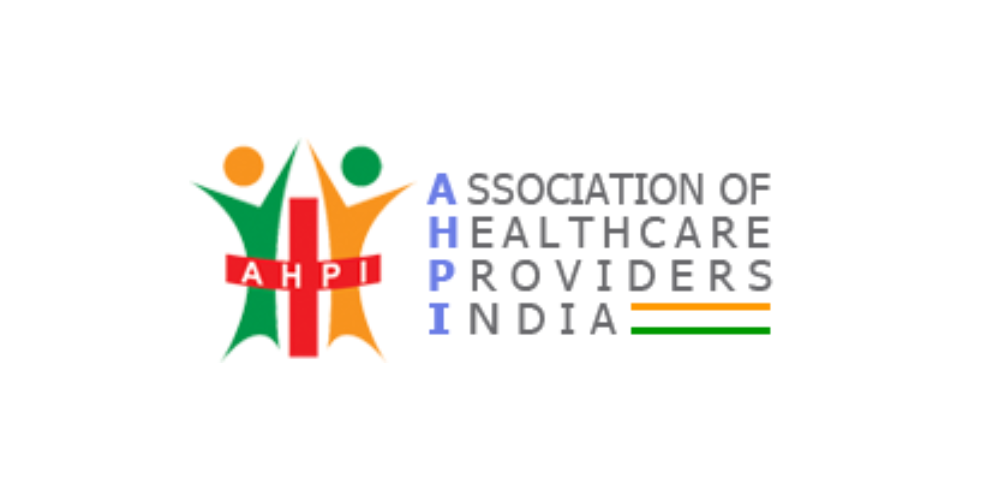
Breakdown of the Dispute
To understand the conflict more clearly, here is a detailed breakdown of the key issues raised by AHPI:
-
Outdated Tariffs – Star Health has allegedly refused to revise tariffs despite rising operational and treatment costs in hospitals.
-
Pressure to Reduce Rates Further – Hospitals report being asked to accept lower rates than already outdated packages, affecting their financial sustainability.
-
Arbitrary Cashless Denials – Some policyholders reportedly faced denial of cashless approvals even when claims were valid.
-
Unjustified Deductions – Hospitals allege that insurers have made unwarranted deductions from approved claims, impacting their cash flow.
-
Anti-Competitive Practices – AHPI claims Star Health engages in collective bargaining with other insurers to suppress tariffs, undermining fair negotiation and violating competition law principles.
-
High Volume of Complaints – With over 13,300 grievances in FY2023-24, the insurer reportedly faces systemic issues that need urgent attention.
Potential Outcomes
If Star Health fails to resolve the dispute by the deadline, cashless services could be suspended, forcing policyholders to pay hospital bills upfront and claim reimbursement later. While inconvenient, reimbursement ensures that insured individuals can still access treatment, albeit without the immediate relief offered by cashless services.
On the other hand, successful resolution with AHPI could maintain uninterrupted cashless access, protecting patients from financial stress during emergencies. Historically, insurers like Bajaj Allianz have resolved such disputes through dialogue, suggesting that Star Health could potentially reach an amicable solution.
Broader Implications for the Health Insurance Sector
The Star Health-AHPI conflict highlights deeper issues in the health insurance ecosystem in India. Repeated disputes over tariffs, claim settlements, and cashless access point to systemic gaps in communication and alignment between insurers and hospitals.
Key takeaways for the sector include:
-
The need for transparent tariff revisions in response to rising healthcare costs.
-
Ensuring timely and fair claim settlements to maintain trust with hospitals and policyholders.
-
Avoiding practices that could be perceived as anti-competitive or coercive.
-
Establishing clear protocols for dispute resolution to prevent disruption of patient care.
These steps are essential not only for compliance but also to protect the interests of millions of policyholders who rely on health insurance for financial security during medical emergencies.
What Policyholders Should Do
While the dispute between Star Health and AHPI is ongoing, policyholders should remain informed and prepared:
-
Monitor Cashless Status – Keep track of any announcements from Star Health or AHPI regarding potential suspension of services.
-
Maintain Emergency Funds – Even with insurance coverage, it’s prudent to have savings available for upfront hospital payments.
-
Understand Reimbursement Procedures – Familiarize yourself with how to claim reimbursement from your insurer in case cashless access is temporarily unavailable.
-
Stay Informed on Complaints and Resolutions – Awareness of ongoing disputes helps in planning hospital visits and claim submissions efficiently.
Ultimately, the resolution of this conflict will determine whether Star Health policyholders continue enjoying seamless cashless access or need to rely on reimbursement temporarily. The insurer’s commitment to dialogue with AHPI and its network hospitals, combined with regulatory oversight, will be crucial in ensuring that patient care remains uninterrupted while addressing the grievances raised by healthcare providers.
With inputs from agencies
Image Source: Multiple agencies
© Copyright 2025. All Rights Reserved. Powered by Vygr Media.

